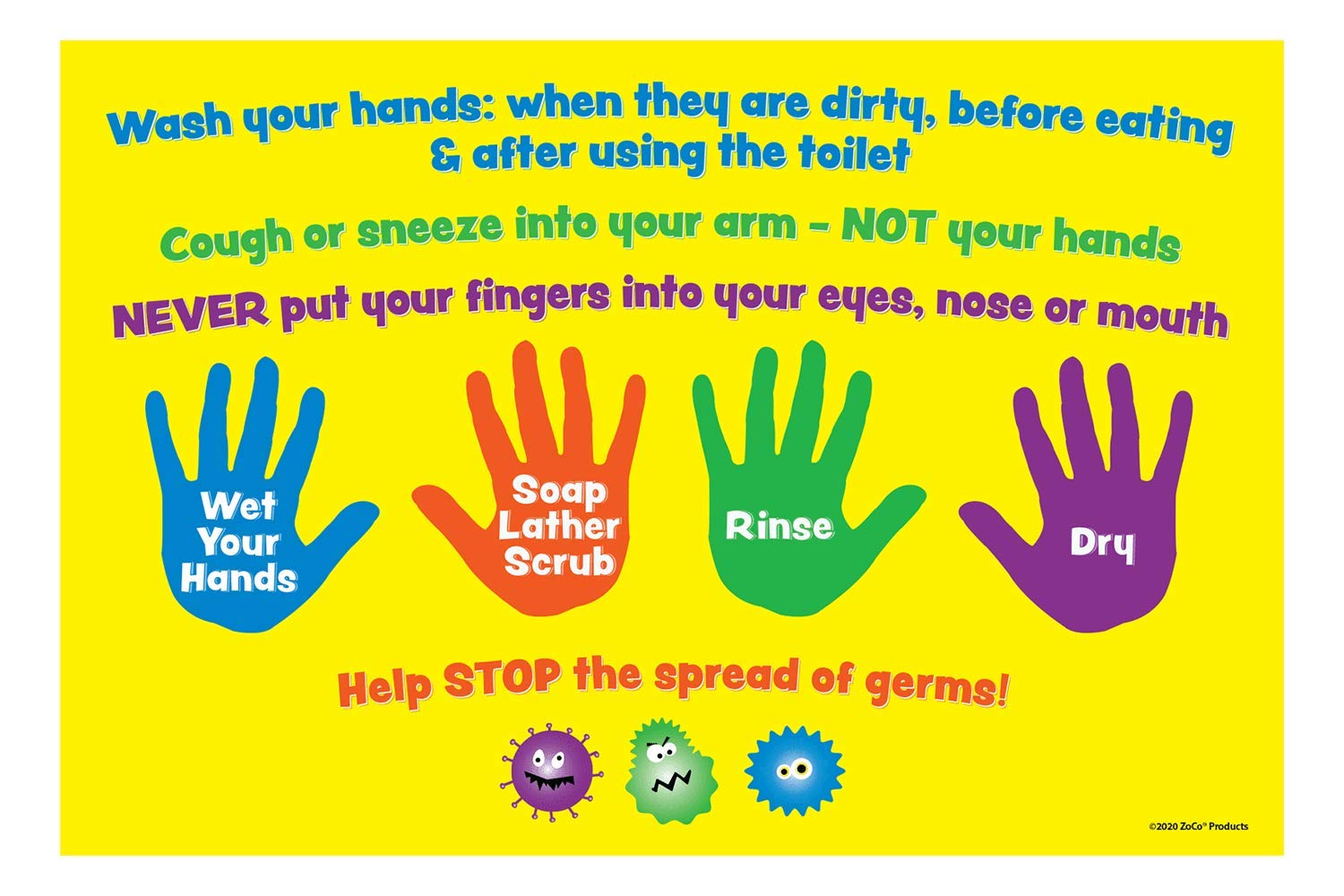
Wash hands before you eat, after petting a dog, after going to the bathroom.... Read More







Phone: 651-636-4155
Fax: 651-636-3595
Office Hours: M-F 8:00 am-5:00 pm
Email: information@rosenbergcenter.com
